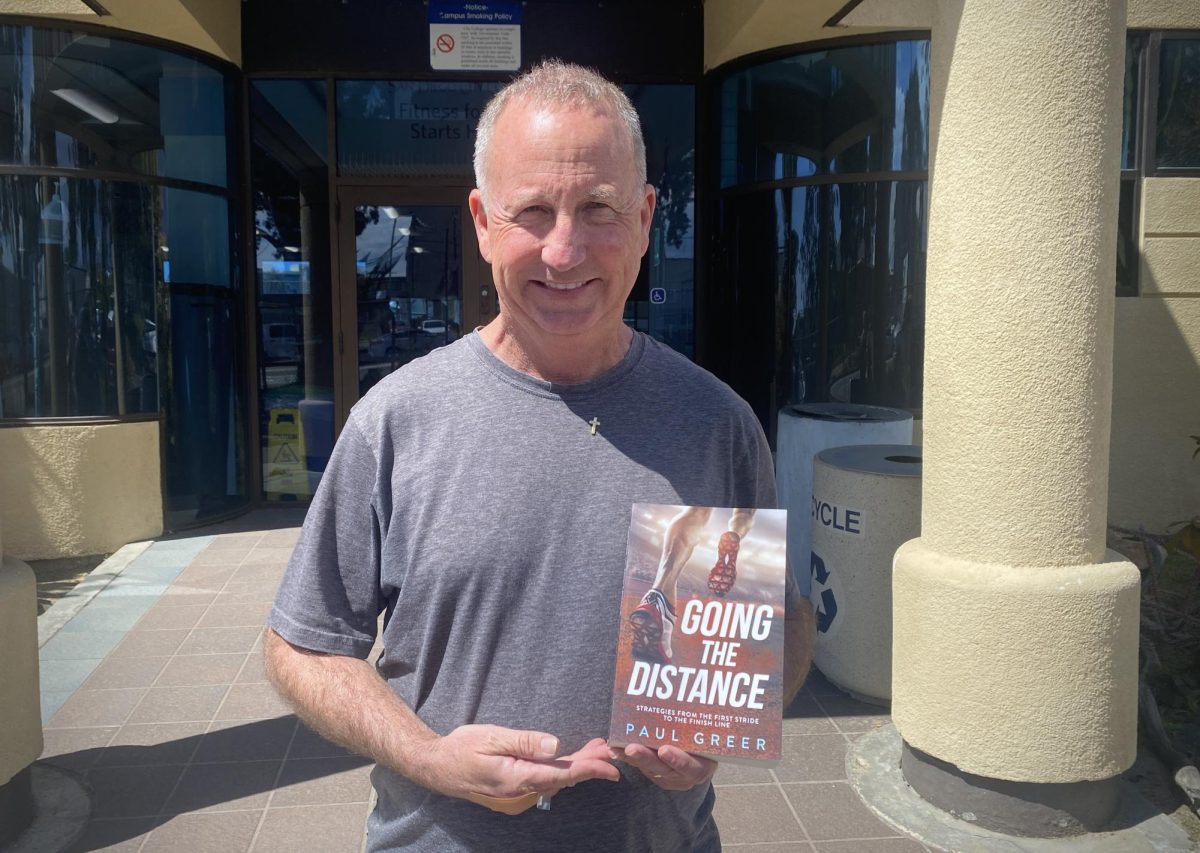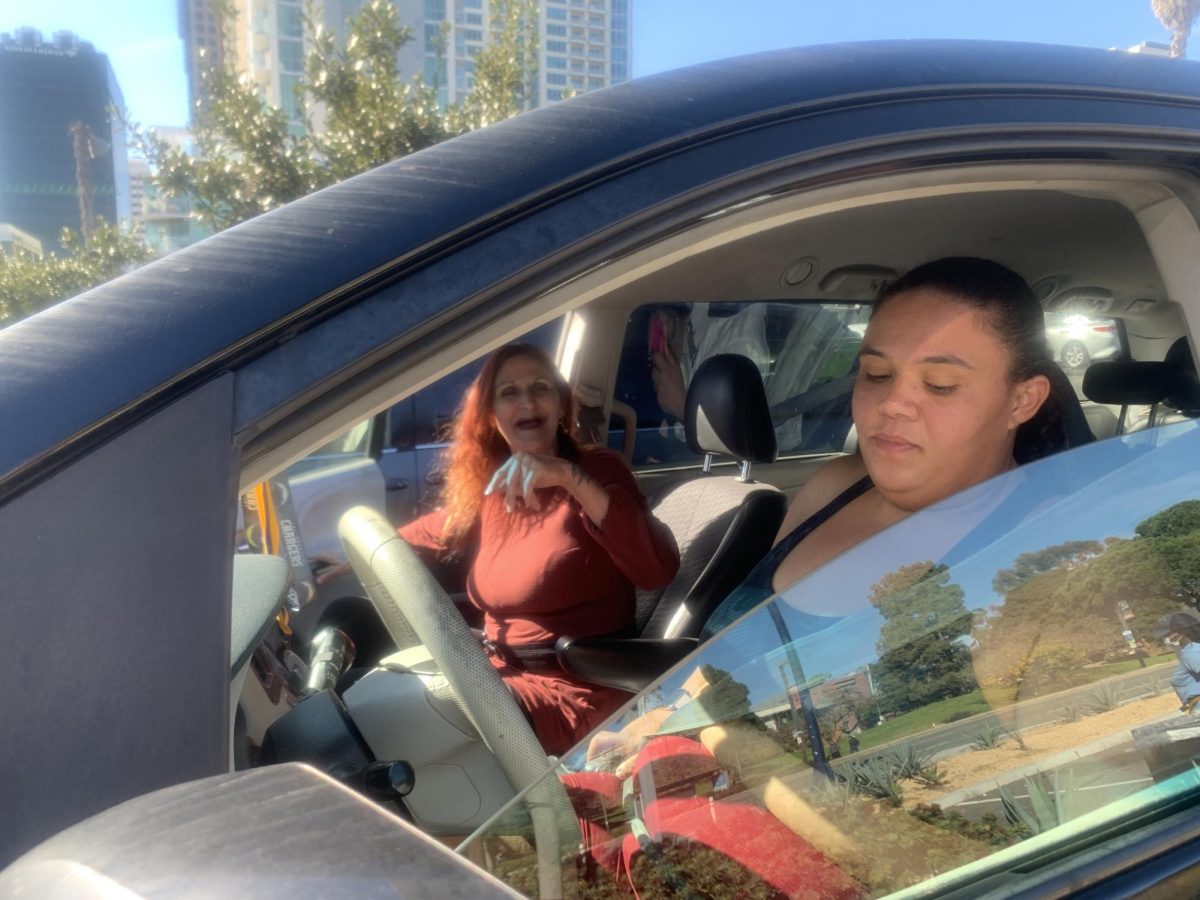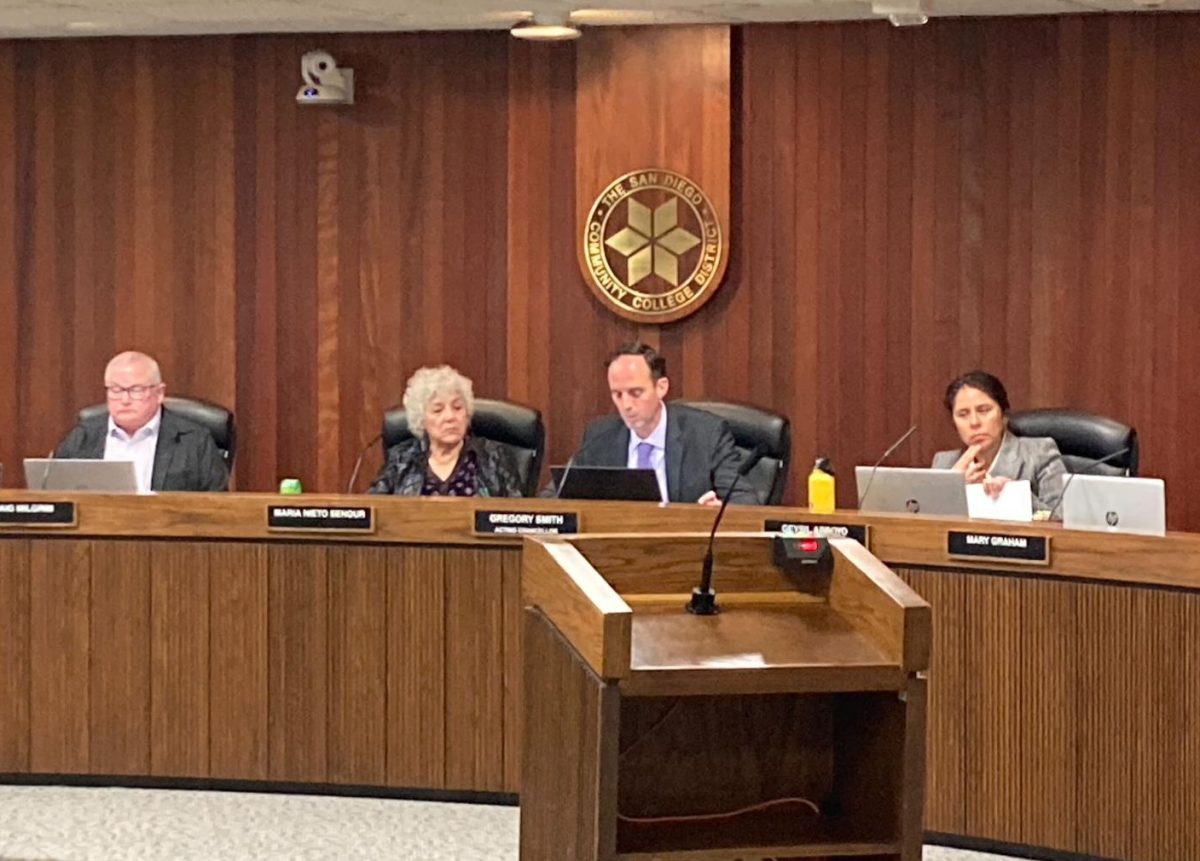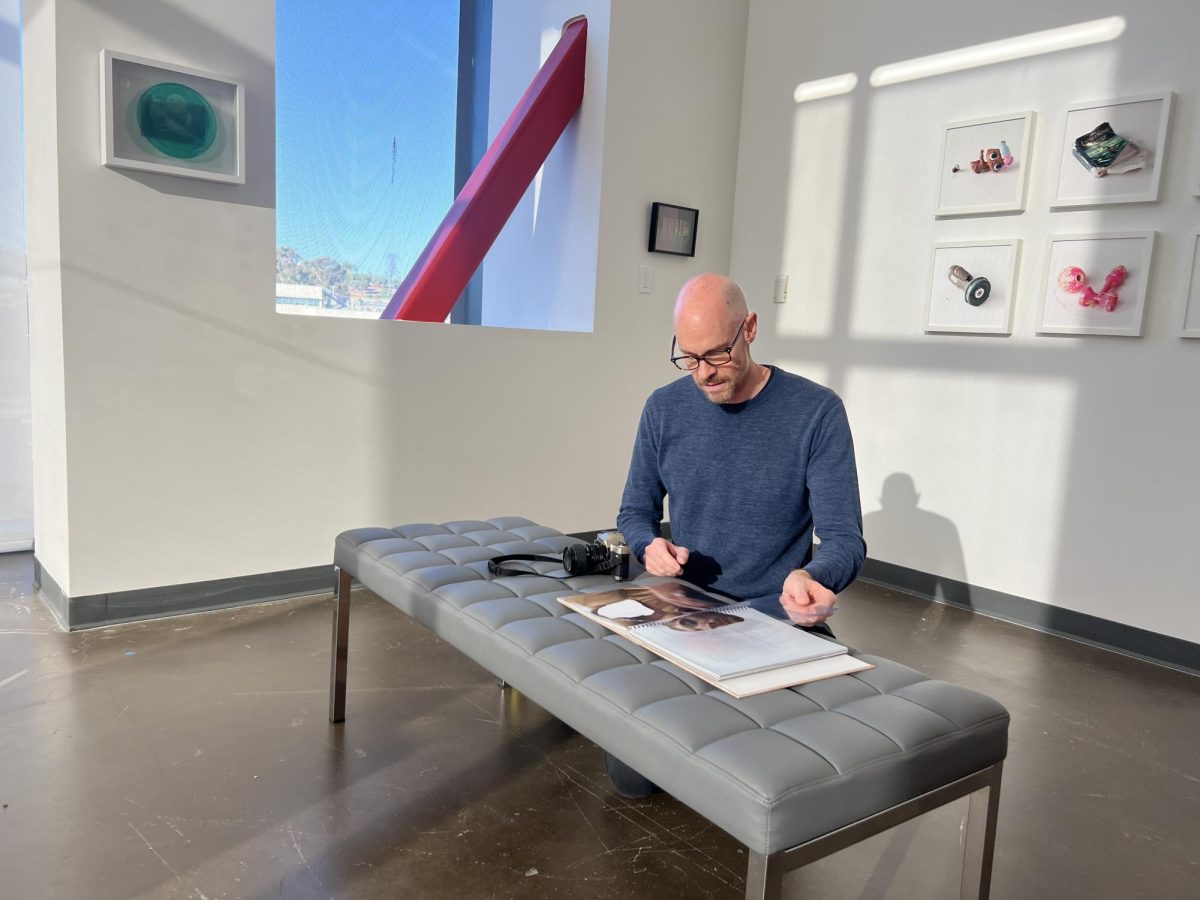City College student Melanie Stuart has decided to “come out” as being homeless. In 2005, on her return from New York after attending the United Nations Department of Public Information Conference and the fifth anniversary commemorating 9/11, she was faced with lack of finances. She has been homeless since September of 2006.
City Times: You knew you’d be running out of money once you came back from New York?
Melanie Stuart: I knew I’d eventually run out of money, but I wanted to find out what it was like to live in a state of poverty.
CT: Living in poverty? That sounds very sadomasochistic.
MS: Well, I had a sort of thesis, which was: is it possible in our society to live the American Dream – to work hard, get an education, and use that education to achieve success? And to do that, I had to relinquish my wealth, so I wanted to go native.
CT: You use the phrase “come out” in the process of letting strangers know you’re homeless?
MS: Yes, the reason why I’ve chosen to “come out” is to demystify stereotypes associated with homeless people. From my perspective, homelessness is the new abolitionist movement because you’re taking a group which has been discriminated against not because of the content of their character, but because of their living situation.
CT: Where do you see yourself in the long term?
MS: I would like to work within the political sphere on a national or international level.
CT: Doing what?
MS: Well, first of all, the reason why most public policy on homelessness fails is because it’s written by politicians in Washington, DC, or Sacramento who have no understanding of the underlying issues.
CT: You’ve done research on this?
MS: I was reading this book on poverty. I forget the title. It was written by a Ph.D, and it explains the topic in full.
CT: But how would you start helping the poor right now?
MS: Well, I would focus on grass-roots organizations that targeted helping the poor. As I discovered, many of the organization’s board members held master’s or Ph.Ds, but none who’d truly experienced poverty.
CT: That’s nothing new, is it?
MS: My recommendation would be to place individuals from the target population – the poor – on these boards to provide real input about the lives of the poor. To help develop effective long-term public policy.
CT: On a related topic, which may or may not affect the homeless, what do you think is a feasible solution to the budget cuts in the state’s public university system?
MS: I feel that all students should have access to higher education. They need that to be productive in the job market. At this point, taxation might be one viable solution to the crisis.
CT: You mention there’s been a wave of sympathy for the homeless in downtown. Tell me about some of the advocacy groups in San Diego? There’s one called HOT? Or is it HAT?
MS: Well, both. They’re two different groups. HAT stands for the Homeless Action Team. It’s a committee formed by the homeless community to address issues affecting them. Negative stereotypes, lack of civil rights, police brutality and taking steps in their own hands to help themselves. HOT, another group, is the Homeless Outreach Team, and it’s a division of the San Diego Police. And there’s a coalition called the Girls’ Think Tank. It’s made up of men and women, homeless and not, who try to find solutions to the homeless issue.
CT: And it all comes down to issues of equality and justice.
MS: And taking the attitude of inclusion not exclusion. Isn’t that what community’s about?







